In their book, unChristian, my friends Gabe Lyons and Dave Kinnaman wrote a sobering commentary on Christianity’s decline in the West due to departure from the biblical vision to engage a secular world with grace and love. Similarly, Philip Yancey wrote in What’s So Amazing about Grace:
“When I ask people, ‘What is a Christian?’ they don’t usually respond with words like love, compassion, grace; usually they describe a person who’s anti-something. Jesus was not primarily known for what he was against. He was known for serving people who had needs, feeding people who were hungry, and giving water to the thirsty. If we [Christians] were known primarily for that, then we could cut through so many divisions…Christians often have a bad reputation. People think of Christians as uptight and judgmental. Odd, I thought, that [our version of Christianity] has come to convey the opposite of God’s intent, as it’s lived out through us.”
Somehow, in a sincere effort to “speak the truth,” we can lose our way. How easy it is to forget that truth, in order to be true in the truest sense, must be spoken in love.
Jesus affirmed some and critiqued others. But it might surprise us to see who Jesus affirmed and who He critiqued.
Consider Peter. Even though Peter was hot-headed, fell asleep when Jesus asked him to pray, and betrayed Jesus at His darkest hour, Jesus called Him “the Rock” because Peter’s confession of Jesus as Messiah was the rock on which He would build His church.
Jesus reached out to the morally compromised Samaritan woman at the well (John 4). He invited a crook to be one of His disciples (Matthew 9). He praised the promiscuous woman who anointed him at Simon’s house with extravagant—and very unorthodox—expressions of love (Luke 7). He regularly ate with sinners, prostitutes, and tax collectors. He hung out with lepers and women and little children, all of whom were at the bottom of the social pecking order. Jesus, the author of all truth, beauty, and goodness, was quick to affirm, embrace, and keep company with the most unlikely people.
The only people Jesus seemed to chastise were pious religious people who were quite sure of themselves—priests, Levites, Bible scholars, as well as committed pray-ers, money givers, and churchgoers. Wherever there was self-congratulating and superiority, Jesus was unimpressed. He gave no applause to those known for bravado. He critiqued them sharply and often; told them they were not children of Abraham but children of the devil; called them blind guides who don’t practice what they preach, narcissists who honor themselves instead of God, hypocrites who neglect justice and mercy and shed innocent blood, and whose devotion was a self-indulgent show.
And yet, their self-praise reflected not only a prideful root but a needy one. Their posture of needing praise so deeply that they felt compelled to muster up praise for themselves wasn’t just off-putting and offensive. It was also very sad.
Comedian Tom Arnold once confessed in an interview about his book, How I Lost Five Pounds in Six Years, that most entertainers are in show business because they are broken people, looking for affirmation:
“The reason I wrote this book is because I wanted something out there so people would tell me they liked me. It’s the reason behind almost everything I do.”
Tom Arnold is not alone. Who can’t identify with a craving for affirmation?
Some call this neediness. Others call it the image of a God whose nature invites not only people, but rocks and trees and skies and seas, to praise Him. The chief end of everyone and everything, we are told, is to glorify God and enjoy Him forever. We have been designed to be a reflection of Him. This means that receptivity to and desire for praise is deeply ingrained in us. In other words, it is natural.
Demanding recognition and praise is neither good nor healthy.
Desiring it is both good and healthy.
This is why the gospel, the truth that we have been given all the affirmation we will ever need in Christ, is such good news.
This longing for affirmation makes sense. Both existentially real and biblically true, it is the reason we Christians should be the most affirming people in the world. Rather than rushing to find fault, we should proactively seek opportunities to, as Tim Keller calls it, “catch others doing good” and to encourage (literally, put courage into) others.
Jesus certainly understood this, and so must we.
“But,” a Christian may ask, “Doesn’t critique play some sort of role in the life of a believer?” Shouldn’t Christians speak truth and warn people about sin and judgment? Shouldn’t Christians shine as light in dark places, call people to repent and believe, and go into the world and teach people to obey everything that Jesus commanded? Shouldn’t we expect that as we do these things, there will be people who oppose us and who say, like Gandhi once did, “I do not like your Christians?”
Yes, in some instances we should. Even when done in love, speaking the truth, shining as light in darkness, and taking up a cross to follow Jesus will draw certain forms of opposition. But if people are going to resist and reject us, let’s at least make sure that they are the same kinds of people who resisted and rejected Jesus.
Smug religious people wanted to throw him off a cliff.
People with special needs, little children, women, as well as sexually damaged people, crooks, charlatans, prodigals and addicts couldn’t get enough of him.
I remember watching an interview with Mariah Carey, who at the time was in her late twenties and had accumulated more #1 hits than anyone in music except for Elvis Presley and the Beatles. The interviewer asked Carey if there was anything left for her to accomplish. She sat quietly for a moment, then replied, “Happiness.” The interviewer, thrown off by the answer, asked how this could be true. Carey didn’t even have to think about it. Right away, she said that she could hear a thousand praises and then just one criticism, and the one criticism would cancel out the thousand praises.
What does criticism accomplish? Really?
How many people do you know who started following Jesus because someone scolded them, disapproved of them because of their substandard ethics, or made it clear how appalling their “lifestyle” is? I have been a Christian for more than thirty years and a minister for seventeen. I have never met one.
So, does that mean we just “live and let live” when we see friends and family exhibiting destructive behaviors? Of course not. When a friend is caught in addiction or destructive behavior, the loving thing to do is to help them out of it through intervention.
But intervention is not damning criticism, it’s redeeming critique. Critique is motivated by restoring and building up. Criticism aims to harm and shame. Critique, in the end, will leave a person feeling cared for and built up. Criticism will leave a person feeling belittled and beaten down. Paul says, “If anyone is caught in any transgression, you who are spiritual should restore him in a spirit of gentleness.”
Restore…in a spirit of gentleness.
Sometimes love calls us to be courageous, because it takes courage to offer a redemptive critique. Similarly, it takes courage to receive critique, even when it is redemptive. Yet this is what we are called into – like iron sharpening iron, we can help one another grow into the likeness of Jesus. We speak the truth in love to another, to build up the body of Christ, but leave judging those outside the body to God (1 Corinthians 5:12-13).
If we want to really reflect Jesus to the world and also amongst ourselves, let’s not be known for what we’re against, but for loving as we have been loved.
Yes?
So, critique where you must.
And, for God’s sake, affirm and encourage – that is, put courage into a soul – wherever you can.
This article originally appeared here.



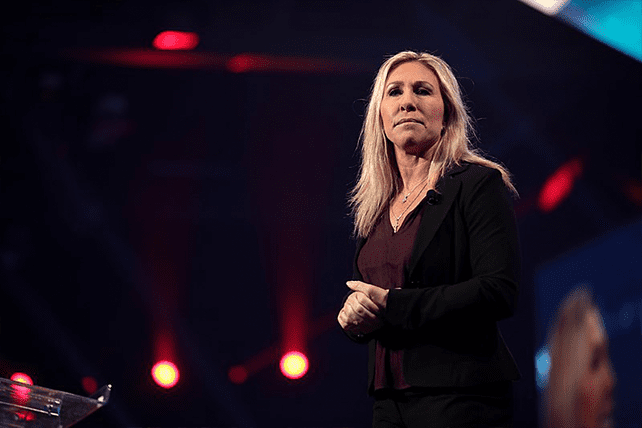



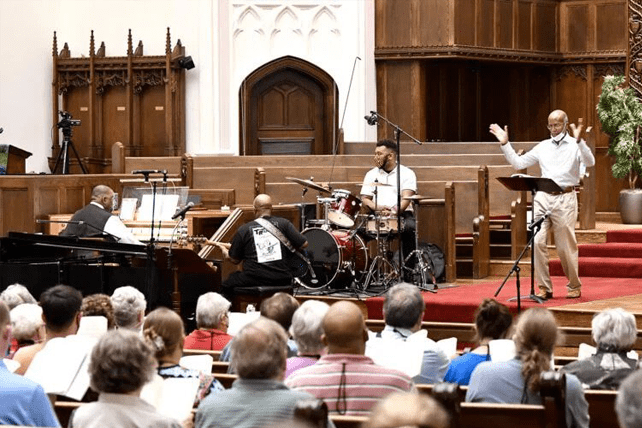
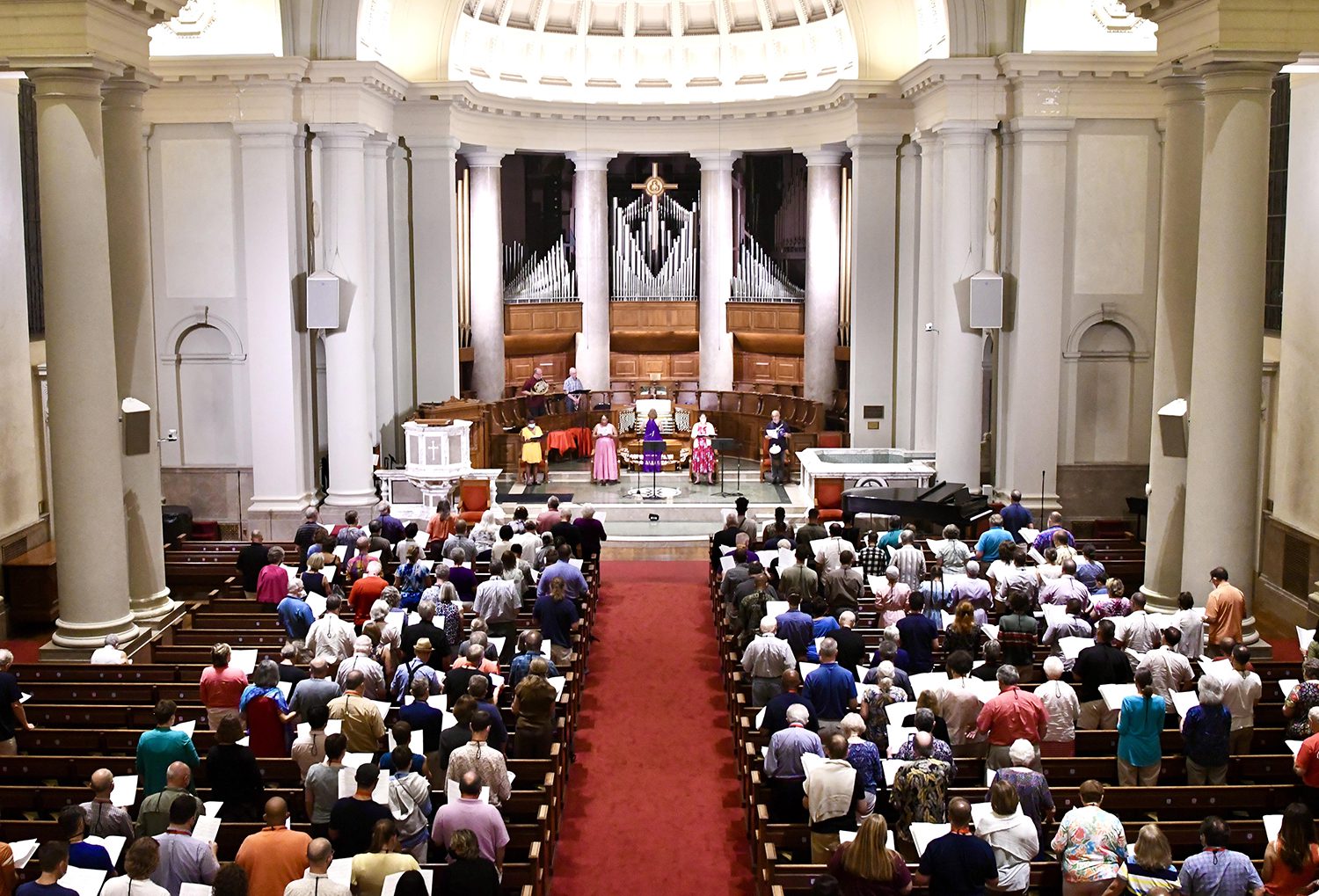

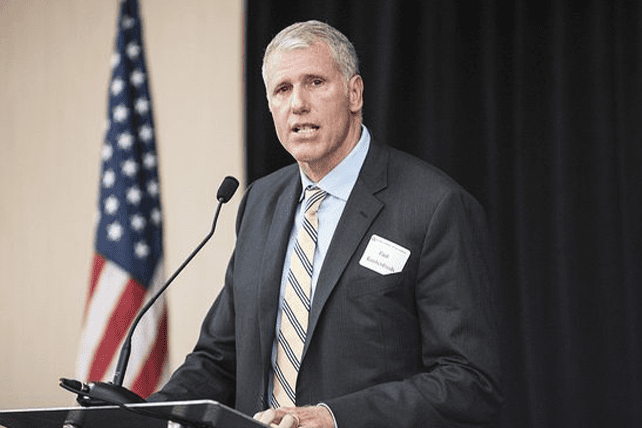

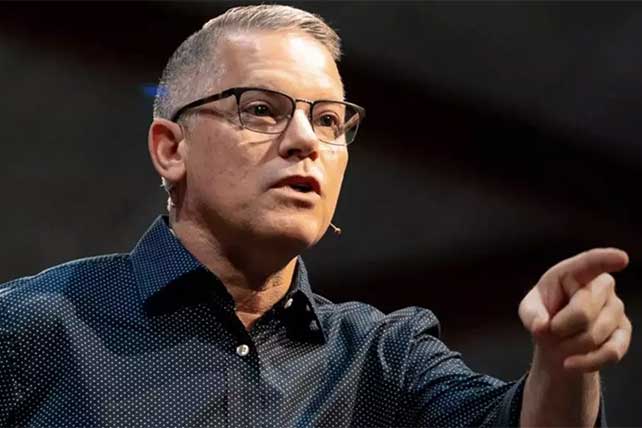
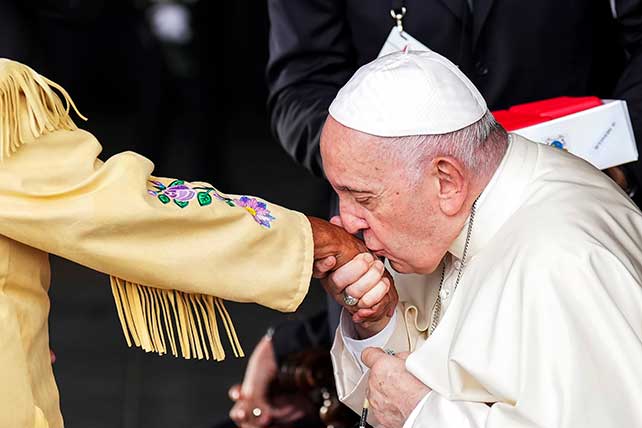








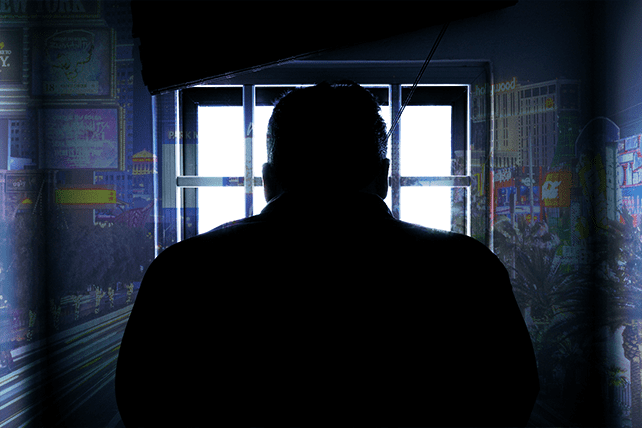








Gospel Singer Kim Burrell Sorry for Comments About ‘Broke,’ ‘Ugly’ People—And for ‘Offensive’ First Apology
When she spoke last weekend at Kingdom City Church in Charlotte, North Carolina, gospel singer Kim Burrell shocked some listeners by talking about “broke” and “ugly” people. After her remarks went viral, the musician posted a written apology on Twitter, which seemed to add to the offense.
Now Burrell has removed the written statement and posted a video apology, saying, “I’m sorry from the bottom of my heart” and “I did not want to hurt you.”
Kim Burrell: Financial Woes Are ‘Just About Choices’
During her July 17 remarks from the pulpit, Kim Burrell chided churchgoers for their money problems and even their appearances. “Sometimes before we get friends we have to do an interview: How long you been broke? How many times have you changed your name on your light bill? How many of your bills are in your little cousin’s name? Do you live in a trailer home or a house?” she said while chuckling. “You understand. It’s not about status or material things. It’s just about choices.”
Burrell, 49, also said no one likes to be told they are ugly, “especially when they have realized it.” To churchgoers, she said, “All of you are beautiful, I haven’t chosen anyone to be ugly yet… You all look great. Most of you have on hats to cover that anyway.”
The Grammy-nominated musician also referred to “walking by faith without a mask and no vaccine.” She mentioned being available to speak at other churches, saying, “I’m not as expensive as I seem! I don’t know, maybe you got a little left from your PPP loan. Prayer, Praise and Power, you understand. Amen.”
One Twitter user who reposted Burrell’s comments writes, “And THIS is why people don’t go to Church. There was no Jesus in this.” Another writes, “Kim Burrell has always been a bad look for Christians. She doesn’t use her platform well or in an uplifting matter. But she is not God… your relationship with him is personal. It’s not about the church people… Don’t allow people to rob you of that experience.”
Kim Burrell Apologizes—Twice
As criticism mounted online, Burrell posted a written apology to Instagram, but that wording also sparked backlash. “As a kingdom citizen, and a woman of integrity, I acknowledge that some of my words, even if said in jest, can be offensive,” she wrote. “My intention is never to hurt anyone, but to spread love, laughter, and more importantly, the gift which God has given me in song. If anyone was offended, I can sincerely say I apologize.”
However, the statement concluded with threats of legal action if anyone misuses her image or slanders or defames her. That led one Twitter user to write: “An apology that starts with ‘if’ and includes threats to sue for slander that came from thine own lips…is an empty apology.”
After removing the written apology, Burrell posted a video to Instagram on July 20. “I’m sorry. I mean it. … Not from the letter, from my heart,” she says. Noting that the written statement was “from an attorney,” Burrell acknowledges “it did not convey right at all” and “the latter part…I know, it was offensive.”